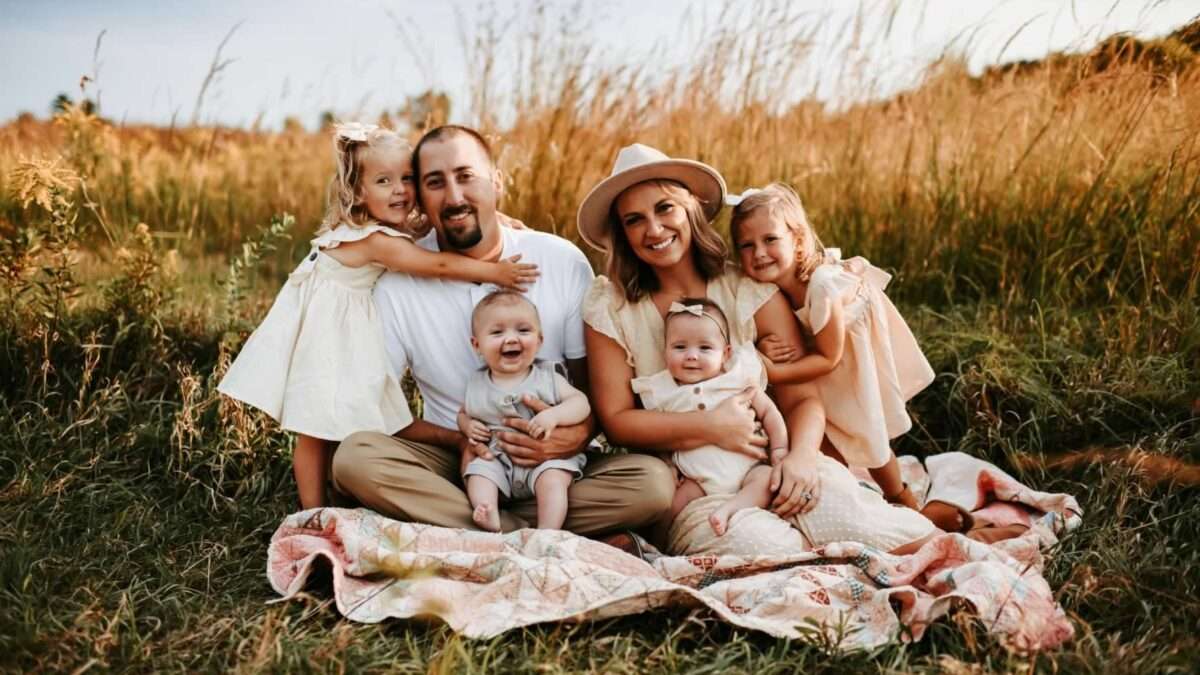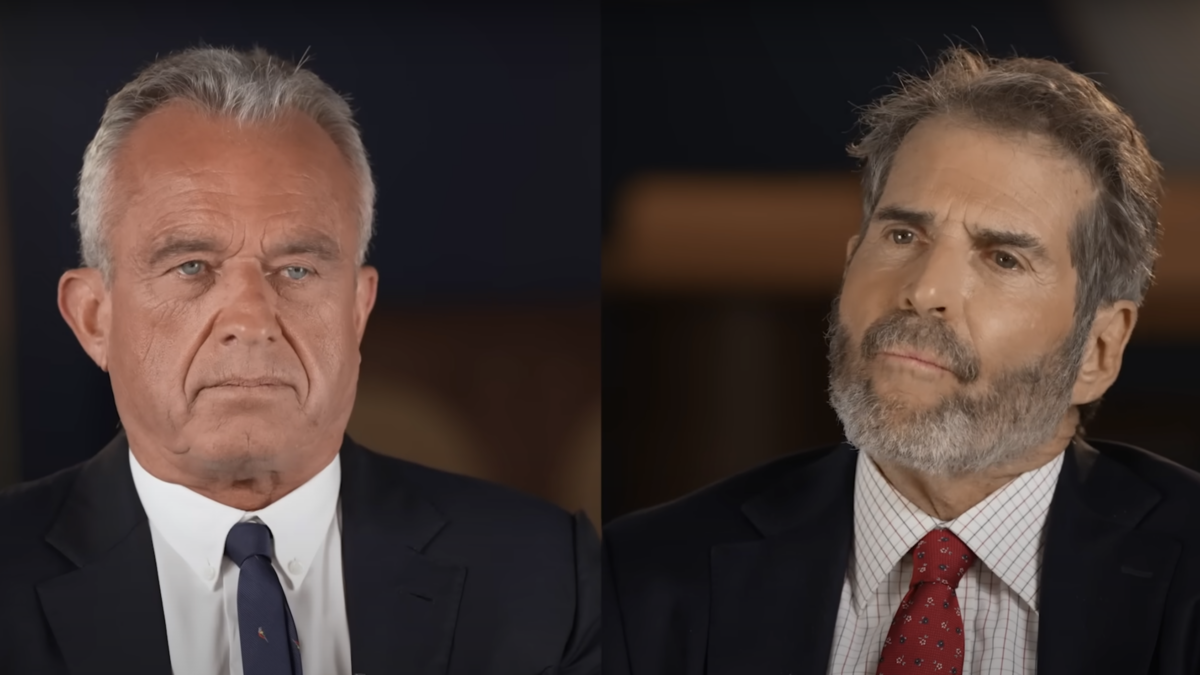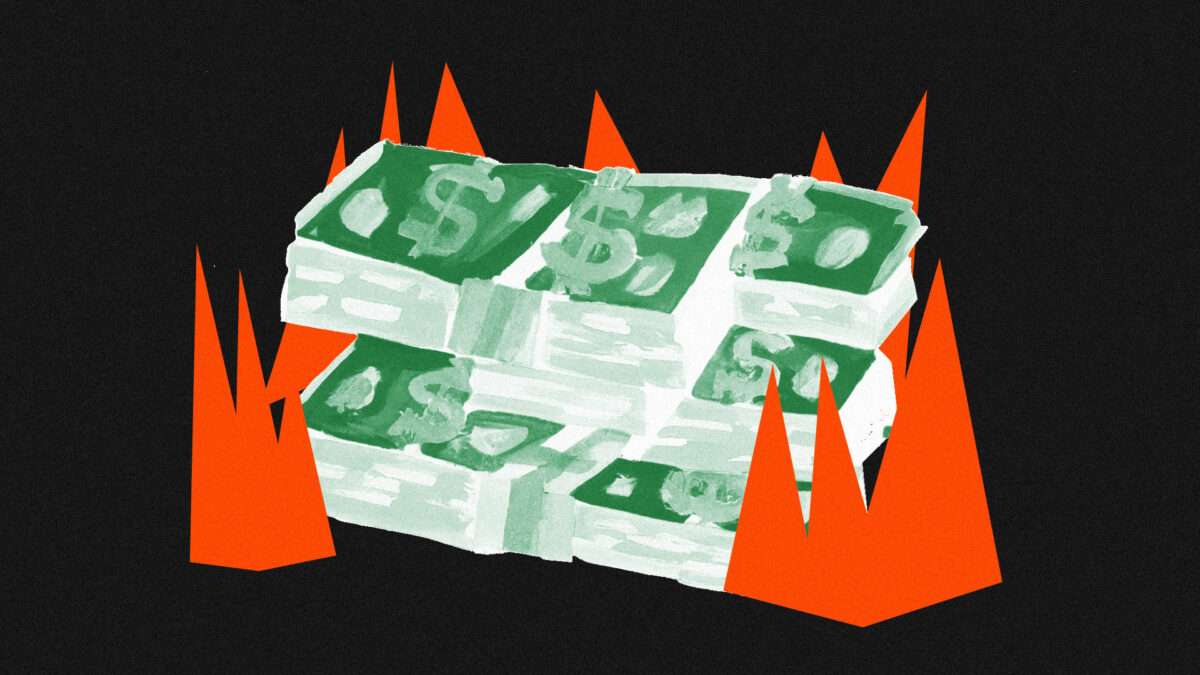Age Verification Laws Are Just A Path Towards A Full Ban On Porn, Proponent Admits
It’s never about the children. Supporters of age verification laws, book bans, drag show bans, and abortion bans always claim they’re doing these things to protect children. But it’s always just about themselves. They want to impose their morality on other adults. That’s all there is to it.
Abortion bans are just a way to strip women of bodily autonomy. If it was really about cherishing children and new lives, these same legislators wouldn’t be routinely stripping school lunch programs of funding, introducing onerous means testing to government aid programs, and generally treating children as a presumptive drain on society.
The same goes for book bans. They claim they want to prevent children from accessing inappropriate material. But you can only prevent children from accessing it by removing it entirely from public libraries, which means even adults will no longer be able to read these books.
The laws targeting drag shows aren’t about children. They’re about punishing certain people for being the way they are — people whose mere existence seems to be considered wholly unacceptable by bigots with far too much power.
The slew of age verification laws introduced in recent years are being shot down by courts almost as swiftly as they’re enacted. And for good reason. Age verification laws are unconstitutional. And they’re certainly not being enacted to prevent children from accessing porn.
Of course, none of the people pushing this kind of legislation will ever openly admit their reasons for doing so. But they will admit it to people they think are like-minded. All it takes is a tiny bit of subterfuge to tease these admissions out of activist groups that want to control what content adults have access to — something that’s barely hidden by their “for the children” facade.
As Shawn Musgrave reports for The Intercept, a couple of people managed to coax this admission out of a former Trump official simply by pretending they were there to give his pet project a bunch of cash.
“I actually never talk about our porn agenda,” said Russell Vought, a former top Trump administration official, in late July. Vought was chatting with two men he thought were potential donors to his right-wing think tank, the Center for Renewing America.
For the last three years, Vought and the CRA have been pushing laws that require porn websites to verify their visitors are not minors, on the argument that children need to be protected from smut. Dozens of states have enacted or considered these “age verification laws,” many of them modeled on the CRA’s proposals.
[…]
But in a wide-ranging, covertly recorded conversation with two undercover operatives — a paid actor and a reporter for the British journalism nonprofit Centre for Climate Reporting — Vought let them in on a thinly veiled secret: These age verification laws are a pretext for restricting access to porn more broadly.
“Thinly veiled” is right. While it’s somewhat amusing Vought was taken in so easily and was immediately willing to say the quiet part loud when he thought cash was on the line, he’s made his antipathy towards porn exceedingly clear. As Musgrave notes in his article, Vought’s contribution to Project 2025 — a right-wing masturbatory fantasy masquerading as policy proposals should Trump take office again — almost immediately veers into the sort of territory normally only explored by dictators and autocrats who relied heavily on domestic surveillance, forced labor camps, and torture to rein in those who disagreed with their moral stances.
Pornography, manifested today in the omnipresent propagation of transgender ideology and sexualization of children, for instance, is not a political Gordian knot inextricably binding up disparate claims about free speech, property rights, sexual liberation, and child welfare. It has no claim to First Amendment protection. Its purveyors are child predators and misogynistic exploiters of women. Their product is as addictive as any illicit drug and as psychologically destructive as any crime. Pornography should be outlawed. The people who produce and distribute it should be imprisoned. Educators and public librarians who purvey it should be classed as registered sex offenders. And telecommunications and technology firms that facilitate its spread should be shuttered.
Perhaps the most surprising part of this paragraph (and, indeed, a lot of Vought’s contribution to Project 2025) is that it isn’t written in all caps with a “follow me on xTwitter” link attached. These are not the words of a hinged person. They are the opposite — the ravings of a man in desperate need of a competent re-hinging service.
And he’s wrong about everything in this paragraph, especially his assertion that pornography is not a First Amendment issue. It is. That’s why so many of these laws are getting rejected by federal courts. The rest is hyperbole that pretends it’s just bold, common sense assertions. I would like to hear more about the epidemic of porn overdoses that’s leaving children parentless and overloading our health system. And who can forget the recent killing sprees of the Sinoloa Porn Cartel, which has led to federal intervention from the Mexican government?
But the most horrifying part is Vought’s desire to imprison people for producing porn and converting librarians to registered sex offenders just because their libraries carry some content that personally offends his sensibilities.
These are the words and actions of people who strongly support fascism so long as they’re part of the ruling party. They don’t care about kids, America, democracy, or the Constitution. They want a nation of followers and the power to punish anyone who steps out of line. The Center for Renewing America is only one of several groups with the same ideology and the same censorial urges. These are dangerous people, but their ideas and policy proposals are now so common it’s almost impossible to classify it as “extremist.” There are a lot of Americans who would rather see the nation destroyed than have to, at minimum, tolerate people and ideas they don’t personally like. Their ugliness needs to be dragged out into the open as often as possible, if only to force them to confront the things they’ve actually said and done.


















